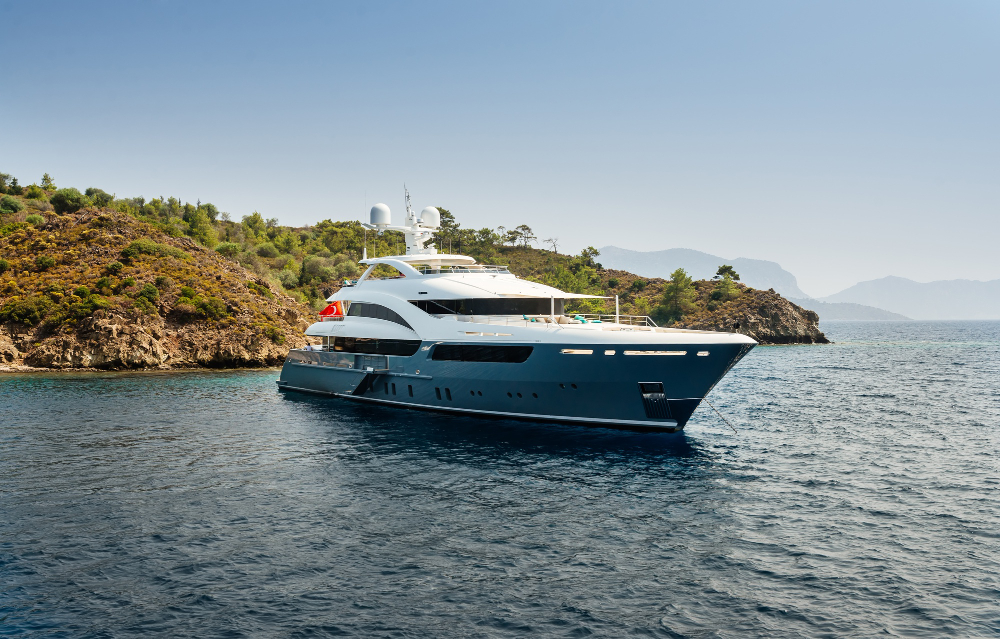1. Define Your Needs and Budget
Before buying your dream yacht, defining your needs and clearly establishing a realistic budget is essential. Consider how you plan to use the yacht: Is it for leisurely weekend trips, long-distance cruising, or hosting parties? Knowing your requirements will help narrow down your choices. Additionally, setting a budget that accounts for the purchase price and ongoing maintenance costs will help prevent financial strain. Companies like Great Lakes Yacht Sales guide matching potential buyers with yachts that meet their specific needs and budgets.
Key Takeaways
- Understand your needs and budget before starting the yacht buying process.
- Research extensively to find the right yacht that fits your requirements.
- Inspect the yacht thoroughly, both online and in-person, before deciding.
- Consider working with reputable brokers and legal experts for a smoother transaction.
- Stay informed about maintenance and operational costs post-purchase.
2. Research and Compare Options
After you have a firm grasp on your requirements and financial constraints, start looking at other yacht types and manufacturers. To obtain knowledge, check out boat shows, read yacht reviews, and use internet tools. By comparing several possibilities, you can identify which boats have the best features, performance, and value. Speaking with seasoned boat owners is also a good idea since they may offer advice and insights gleaned from their experiences.
3. Inspect Before You Invest
Thoroughly inspecting the yacht is a critical step before making any purchase decisions. Start with online listings to get a general idea of the yacht’s condition and specifications. When you’ve narrowed your choices, conduct in-person inspections and consider hiring a professional marine surveyor to assess the vessel’s condition. This could save you from costly repairs and ensure you make an informed investment.
4. Work with Professionals
Speak with trustworthy brokers and legal professionals to streamline the purchasing procedure. Brokers know the industry and can assist you in locating boats that meet your requirements. They may also help with pricing negotiations and deciphering the convoluted legalese and documentation. To guarantee peace of mind and correct handling of all legal issues of the transaction, it is advisable to consult with a marine attorney.
6. Consider Long-Term Costs
Owning a yacht involves more than just the initial purchase price. Maintenance, docking fees, insurance, and operational costs can add up significantly. Factor in these long-term expenses when setting your budget. Regular maintenance is crucial to preserve the yacht’s condition and value. Understanding these ongoing costs upfront will help you plan accordingly and avoid unexpected financial surprises.
Conclusion
Acquiring your ideal boat is a thrilling and satisfying undertaking; nonetheless, it takes meticulous preparation, in-depth investigation, and evaluation of both immediate and distant aspects. You may effectively manage the yacht purchase process by clearly defining your goals and budget, doing thorough research, thoroughly assessing the boat, working with knowledgeable personnel, and keeping an eye on recurring expenditures. Recall that making well-informed selections now will pay out in the long run by making your sailing experience more pleasurable and fulfilling.

